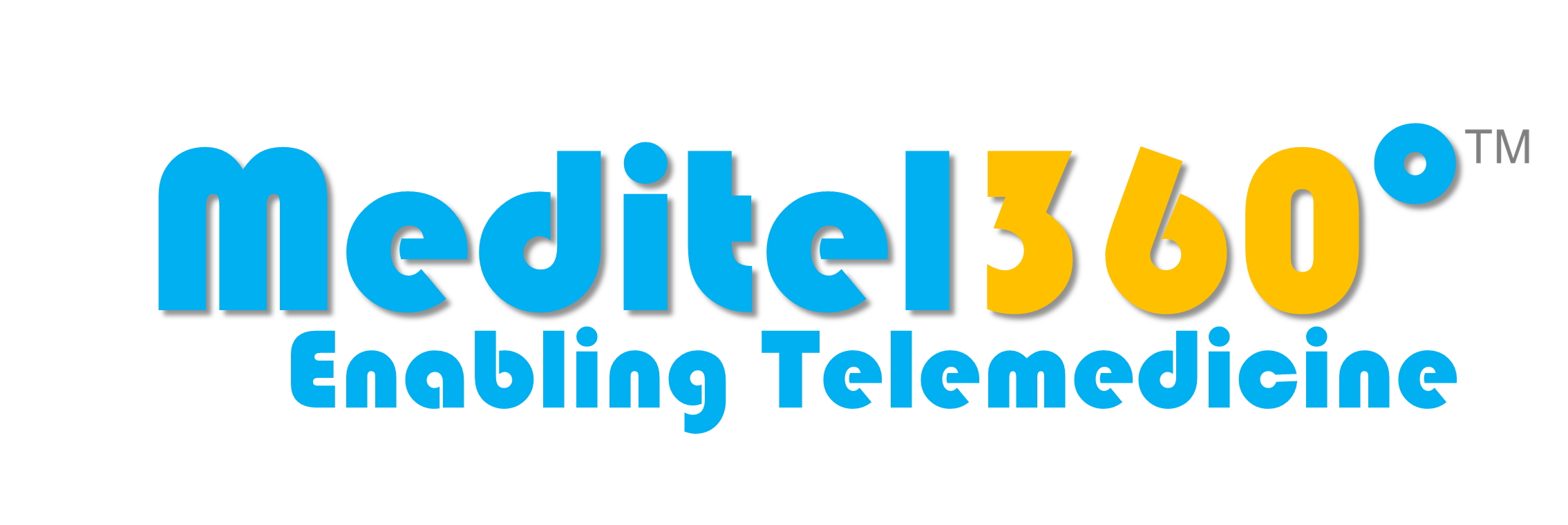Telemedicine use in addiction treatment and recovery removes barriers of time and distance, telemedicine offers great potential for enhancing treatment and recovery for people with substance use disorders (SUDs). Telemedicine also offers clinicians ways to increase contact with SUD patients during and after treatment.
The chronic nature of addiction disorders calls for methods for clinicians to stay connected with patients over extended periods of time. Face-to-face contacts between patients and clinicians are limited to scheduled appointments or group sessions. Counselors are not available when they’re most needed: outside the treatment setting, where patients make decisions to stay sober or not. Telemedicine extends the providers’ availability and offers patients an immediate resource.
Videoconferencing for addiction treatment or psychiatry occurs through HIPAA compliant secure portals via personal computers or mobile devices. Videoconferencing is currently used in addiction services for: a) video therapy, where patients can interact with clinicians from a remote location or the privacy of their homes; b) recovery supports, where a counselor or peer-support specialist interacts with a person in recovery; and c) specialty services, where patients are placed in contact with hard-to-reach medical specialists, such as an adolescent psychiatrist or a physician who can prescribe buprenorphine.
Studies in videoconferencing for addiction services have found no difference in the results or patient satisfaction of care provided in person or by video. Meta-analyses of videoconferencing for psychiatry services have found similar positive results.
